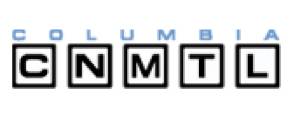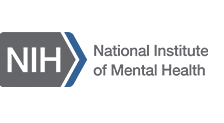Developed and tested by SIG researchers, Connect is the first relationship-based HIV/STI prevention intervention with demonstrated effectiveness in reducing sexual risk behaviors when provided to individuals or to couples together (among a sample of HIV-negative, positive and serodiscordant couples). Connect is the only relationship-based DEBI (Diffusion of Effective Behavioral Interventions), and the only DEBI developed and implemented for couples.
Funded by the Center for Disease Control (CDC), from 2007-2009, a team of SIG investigators packaged the Connect intervention for dissemination through the DEBI program. Click on the “Introducing Connect” video for an overview of the project.
Together with the Columbia Center for New Media Teaching and Learning (CCNMTL), SIG and CDC researchers translated and packaged the Connect intervention for use in real-world settings, and achieved technology transfer of the packaged intervention with two HIV services agencies in New York.
From 2007-2012, a team of SIG researchers led by Dr. Susan Witte further translated the Connect program into a web-based version and tested whether training and implementation on the web-based version would yield higher adoption rates among 40 community-based agencies in New York State, compared to 40 agencies receiving the training and implementation on the DEBI described above. Findings will be reported at the 2012 International AIDS Conference in Washington, D.C. in July.
To ensure standardized and highest fidelity delivery of core intervention elements among facilitators with a range of experience, the translation includes a multimedia interface to assist in facilitator training, with all program materials in downloadable format. The final package includes:
- A Starter Kit; Technical Assistance Guide, Implementation Manual, and Training of Facilitator’s Curriculum;
- A complete DVD including 22 videos used during facilitator training or program implementation;
- A marketing video; and
- A CD-Rom with Facilitator Training Interface, which also includes all 22 video vignettes used in training or program implementation.
The Connect package is now disseminated to CDC-funded community-based organizations nationwide. See www.effectiveinterventions.org.




